Senate Majority Leader Chuck Schumer is attempting to reverse the U.S. Supreme Court’s ruling on presidential immunity, as he says it has “dangerous implications.”
Schumer has introduced legislation that reaffirms that U.S. presidents do not have full immunity for criminal actions — and that presidents can, therefore, be tried in a court of law if necessary.
The No Kings Act

This legislation — coined the No Kings Act — states that presidents are not fully immune from criminal law.
The act also explains that Congress gets to determine when and to whom federal criminal law is applied, rather than the Supreme Court.
A Stunning Supreme Court Decision
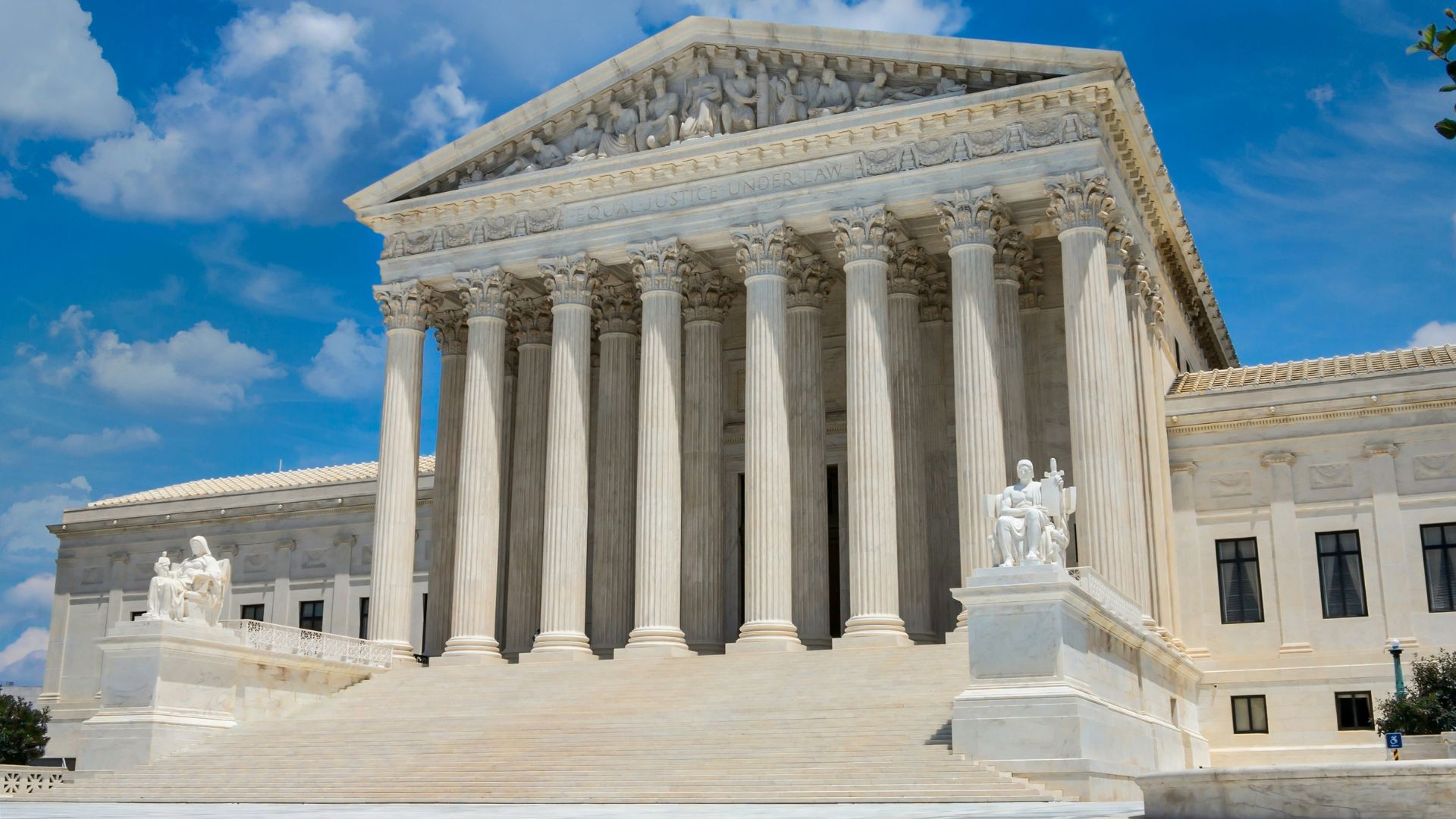
This legislation pushed by Schumer comes one month after the Supreme Court ruled that a president has full immunity from criminal prosecution — but only when it comes to official acts.
The court clarified that unofficial acts done by a president can result in the president facing prosecution if he commits a crime.
The President Becomes a King

Many liberal lawmakers criticized this Supreme Court decision, as they claimed that the court has now allowed for a president to become a king.
After all, the president can commit any crime while they are president and not face any prosecution — as long as it is an official act.
The Supreme Court’s Decision
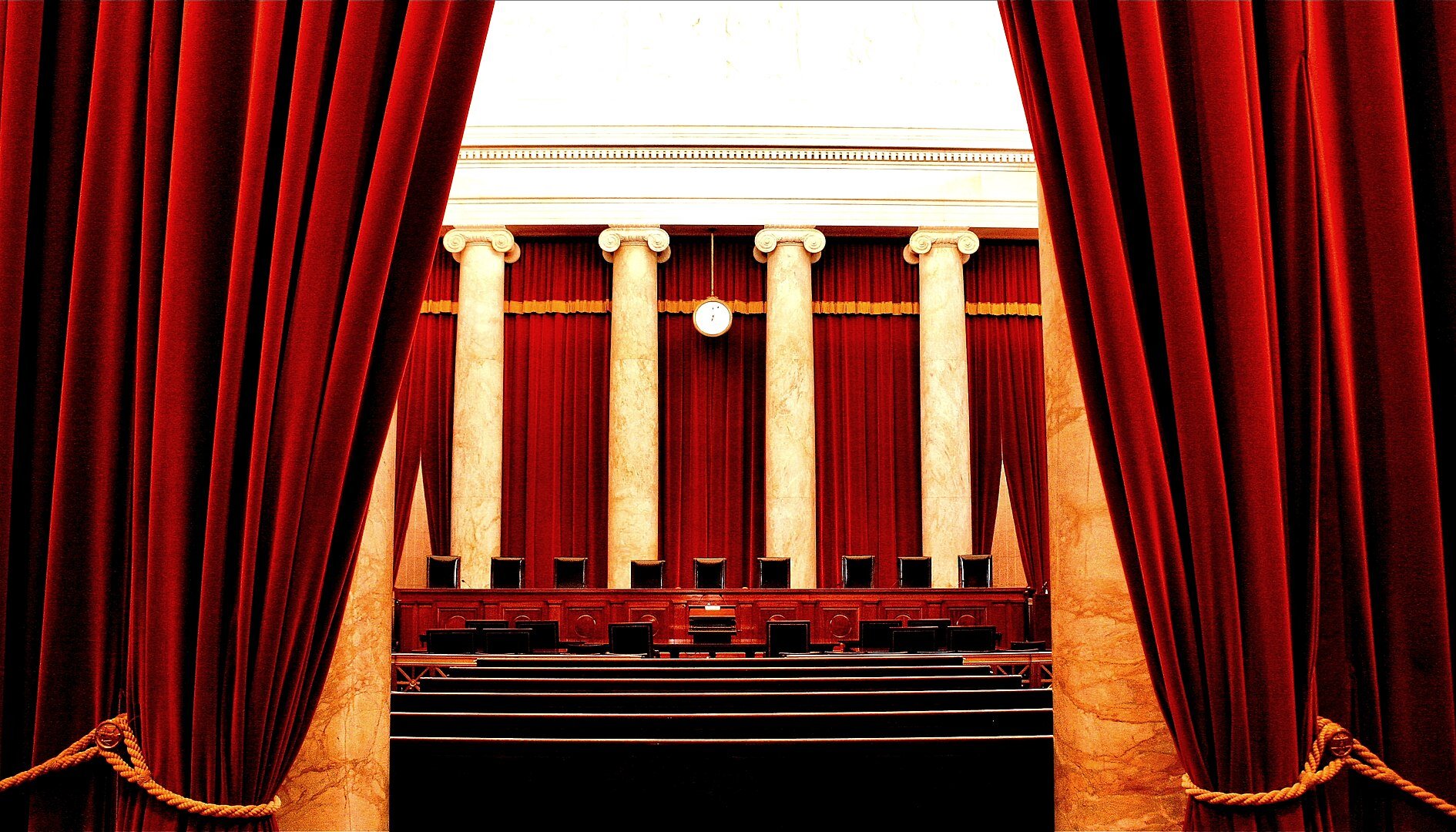
The court ruled that former presidents have absolute immunity for official acts in a 6-3 decision.
The decision grants former presidents no immunity for private acts. However, Trump denied any wrongdoing and claimed immunity. The current political makeup of the Supreme Court was brought in by Trump, who brought in a majority-Conservative bloc during his presidency.
The President Isn’t Above the Law
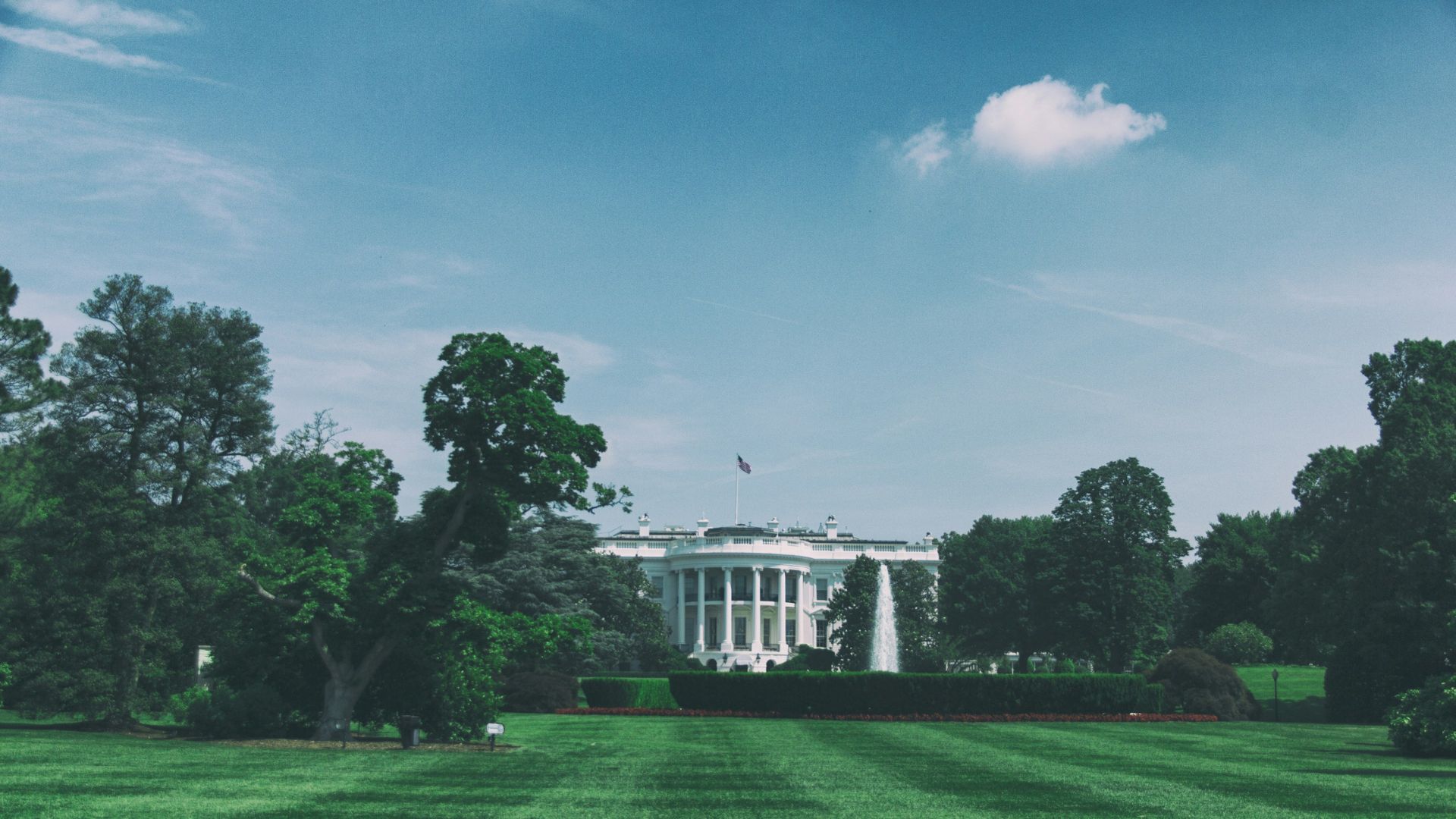
Supreme Court Justice Sonia Sotomayor wrote a dissent for the case, claiming that “in every use of official power, the President is now a king above the law” thanks to the ruling.
She added that this decision “makes a mockery of the principle, foundational to our Constitution and system of government, that no man is above the law.”
Legal Ramifications

Justice Sonia Sotomayor was so fervent in her dissent because of the legal consequences of Trump’s immunity.
Sotomayor warned that a president could order the assassination of a political opponent, for example, and face no consequences. Legal experts said the ruling was an effective “license for dictatorship” for those willing to abuse their presidential office.
Roberts Also Says the President Is Not Above the Law

In his writing for the majority, Chief Justice John Roberts wrote that “our constitutional structure of separated powers, the nature of presidential power entitles a former president to absolute immunity from criminal prosecution for actions within his conclusive and preclusive constitutional authority.”
However, Roberts also said that the president “is not above the law,” regardless of this ruling.
Concerns About Trump
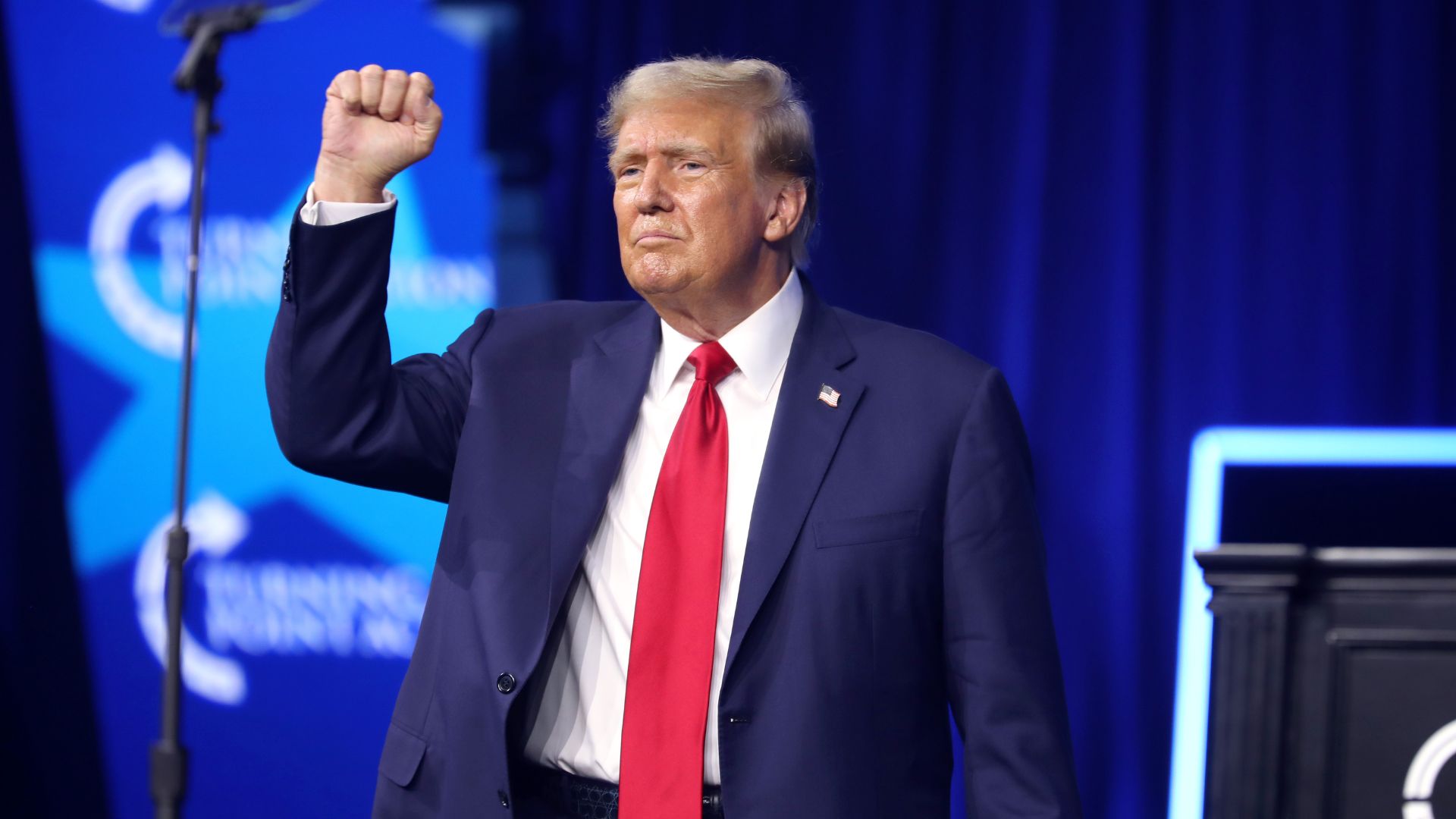
Many liberal lawmakers expressed their deep concern over this ruling, especially as former President Donald Trump tries to win back the White House this November.
Many critics of Trump have claimed that the former president will now have the backing of the court to do whatever he wants. Trump has already said that he will be a dictator on “day one.”
The Decision Undermines a Legal Case
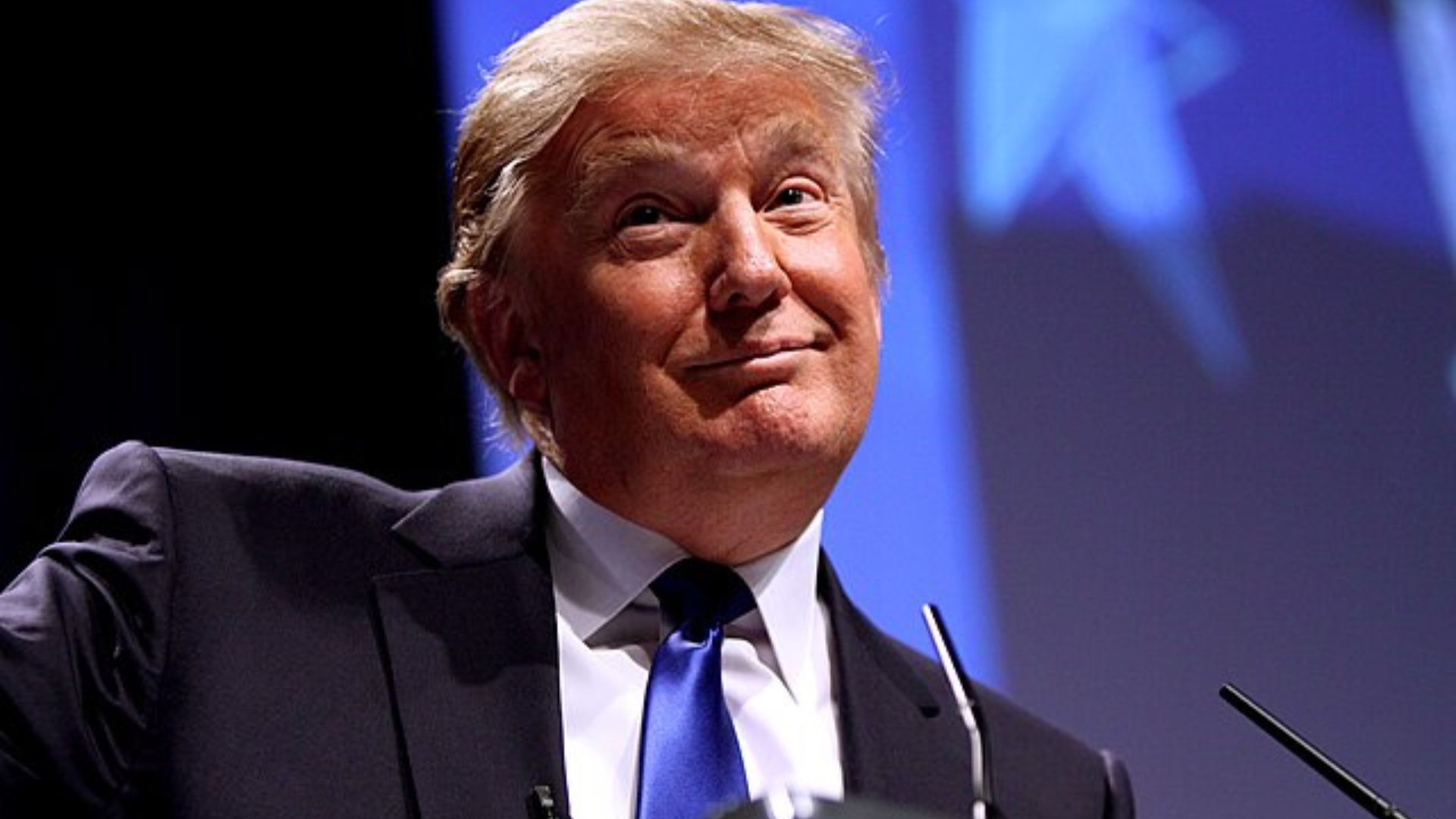
The Supreme Court’s decision cast uncertainty over the Justice Department’s case against Trump.
The Justice Department has a case against Trump for his efforts to overturn the result of the 2020 election in which he lost his office as president. Trump described the Supreme Court’s decision as a “BIG WIN” on his X account.
Trump’s Indictment
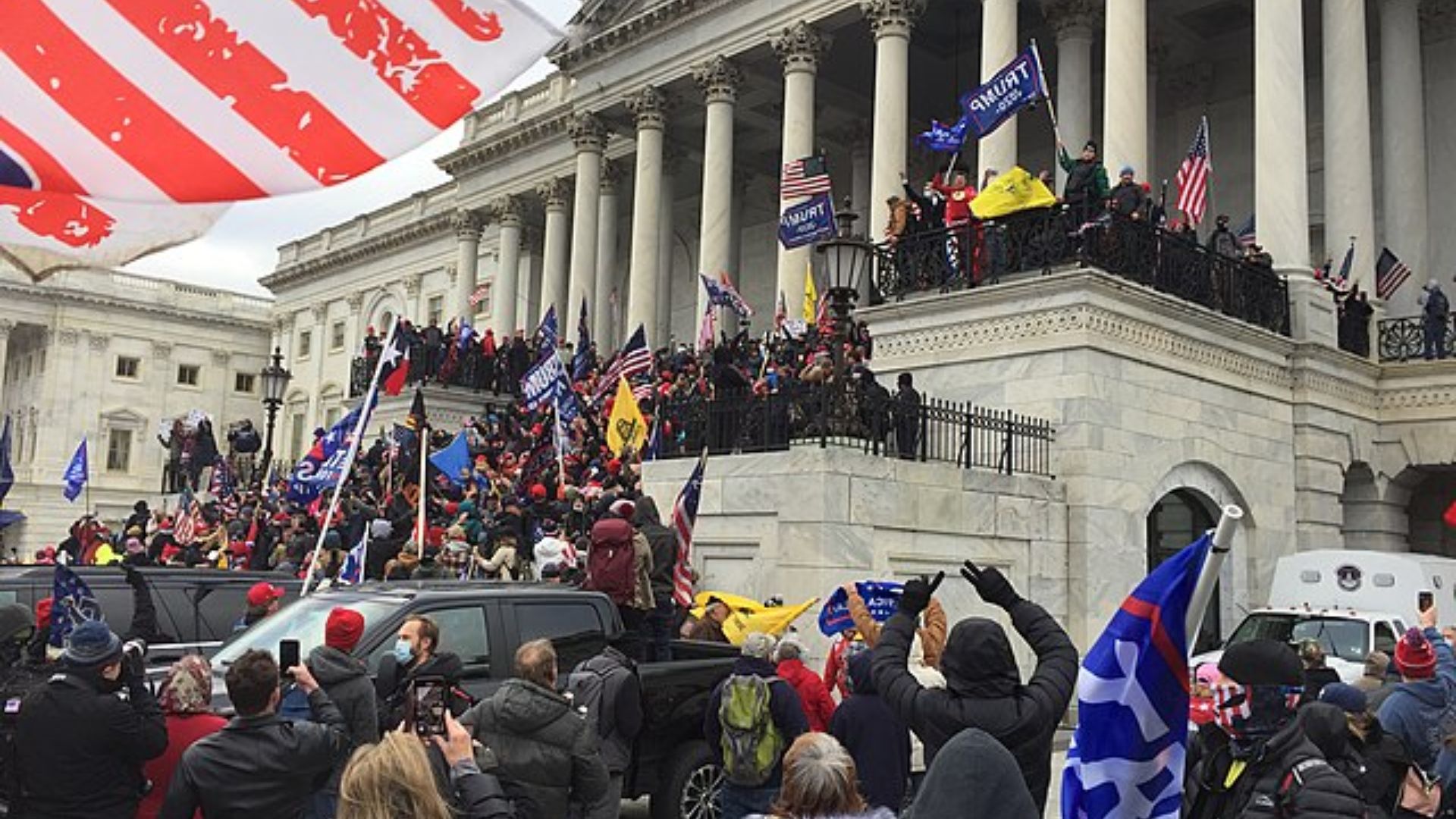
The Supreme Court ruled presidential immunity when Trump was indicted on felony charges.
The charges were related to his attempts to overturn the 2020 election result in the run-up to the violent storming of the Capitol. The Justice Department’s case against Trump aimed to hold him accountable for trying to block the peaceful transfer of presidential power.
Blocking the Count
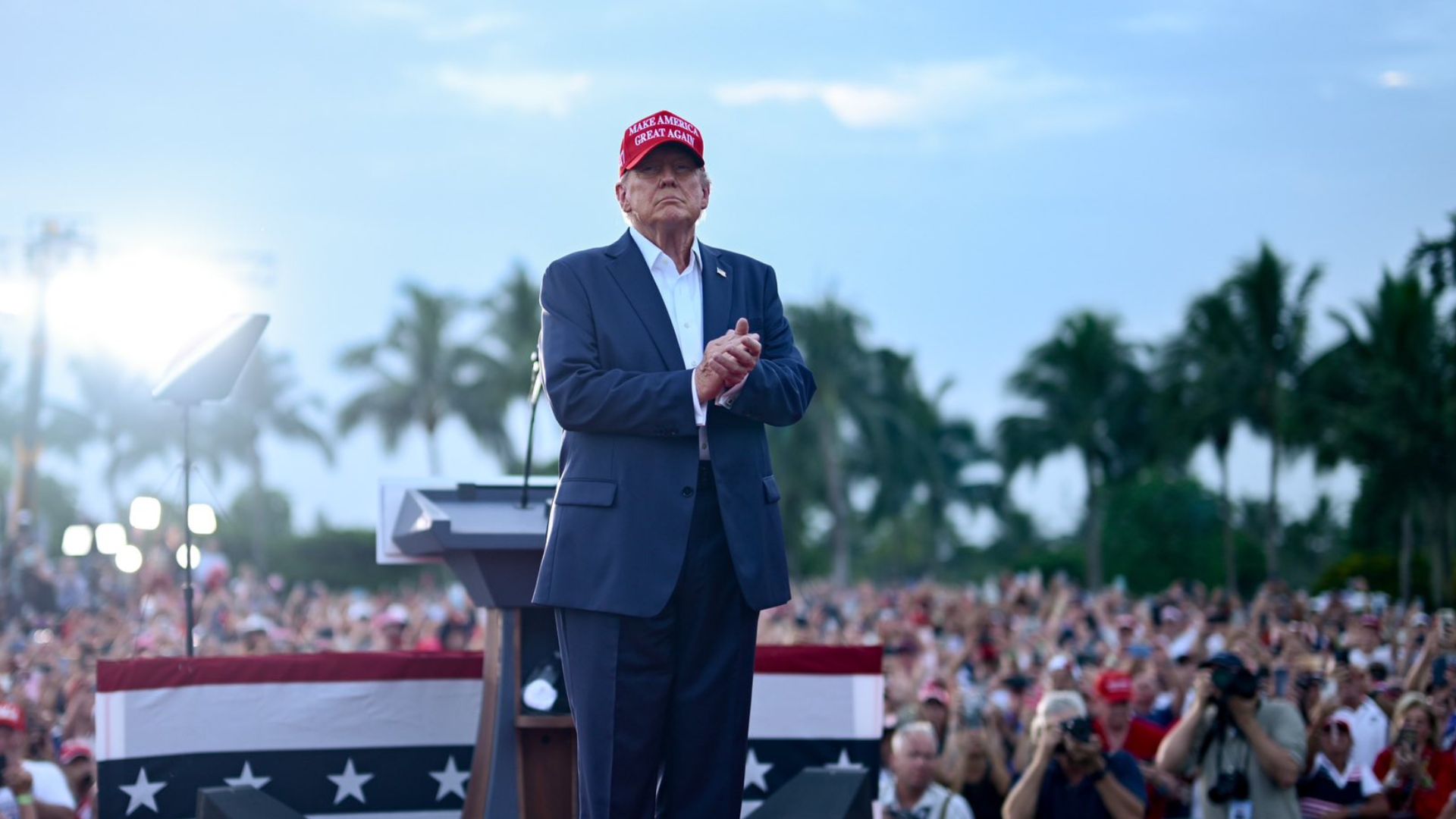
Before presidential immunity was established, Trump faced a four-count indictment for trying to block the transfer of presidential power between elections.
The case chronicles a campaign of lies about the election results. Even after the insurrection, Trump used the violence as a reason to delay counting the votes showing that he lost the presidential election.
Schumer Fights Back

According to Schumer, Congress has both the opportunity and an obligation to check the power of the Supreme Court.
The U.S. government is comprised of checks and balances. Therefore, Congress can now balance out the power that the court has given to the president.
Keeping the Supreme Court in Check
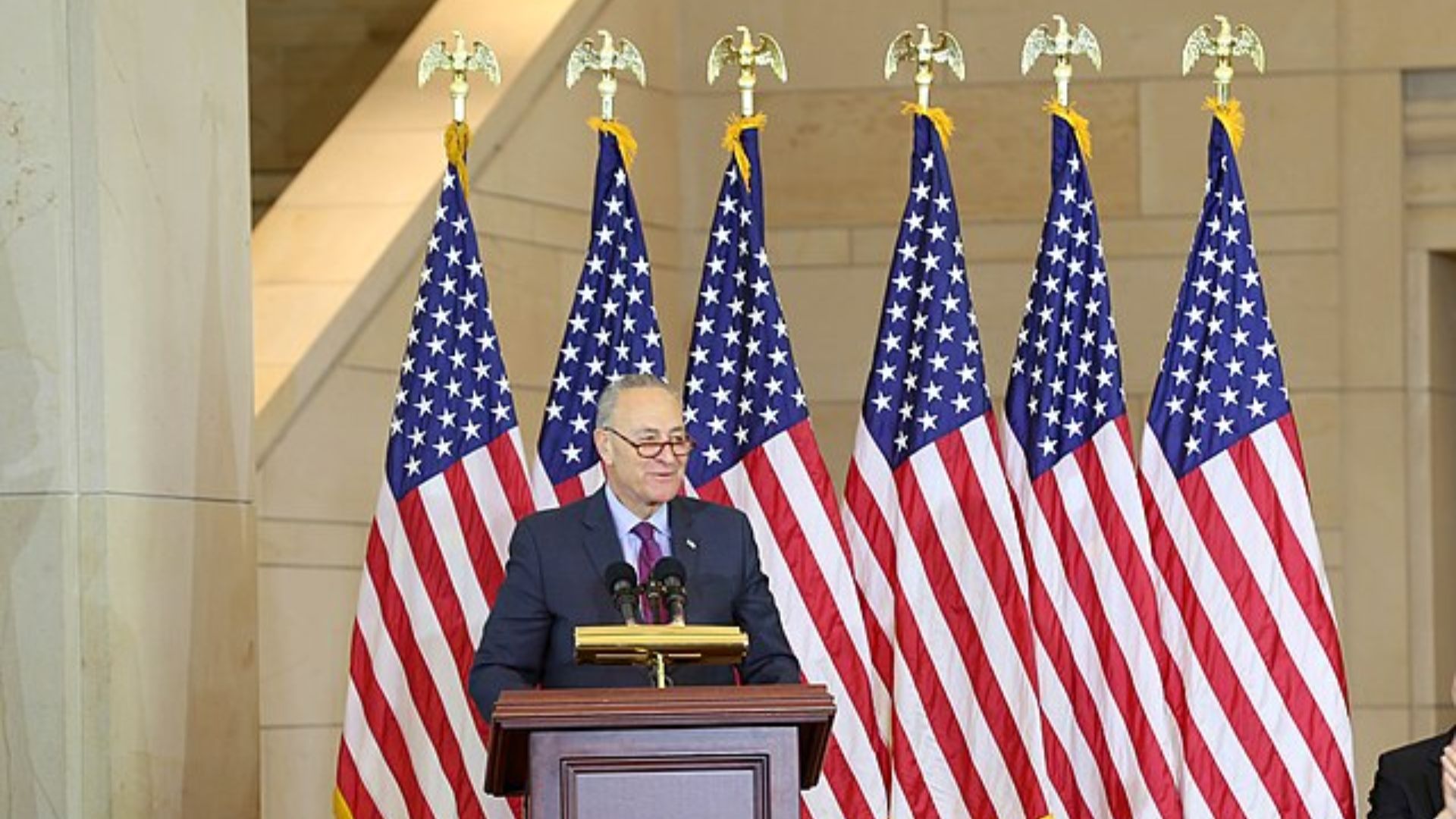
The bill is unique in that it attempts to SCOTUS-proof itself.
It is laid out in the legislation that the Supreme Court cannot ignore the will of Congress. The bill states that the Supreme Court “shall have no appellate jurisdiction” over the act. This means the Supreme Court cannot declare the bill unconstitutional in order to dismiss it.
A Need for Reform

The Senate bill has more than 24 Democratic cosponsors, reflecting an appetite for reform to the president’s immunity.
Joe Biden called on lawmakers to ratify a constitutional amendment limiting presidential immunity.
Dangerous Implications
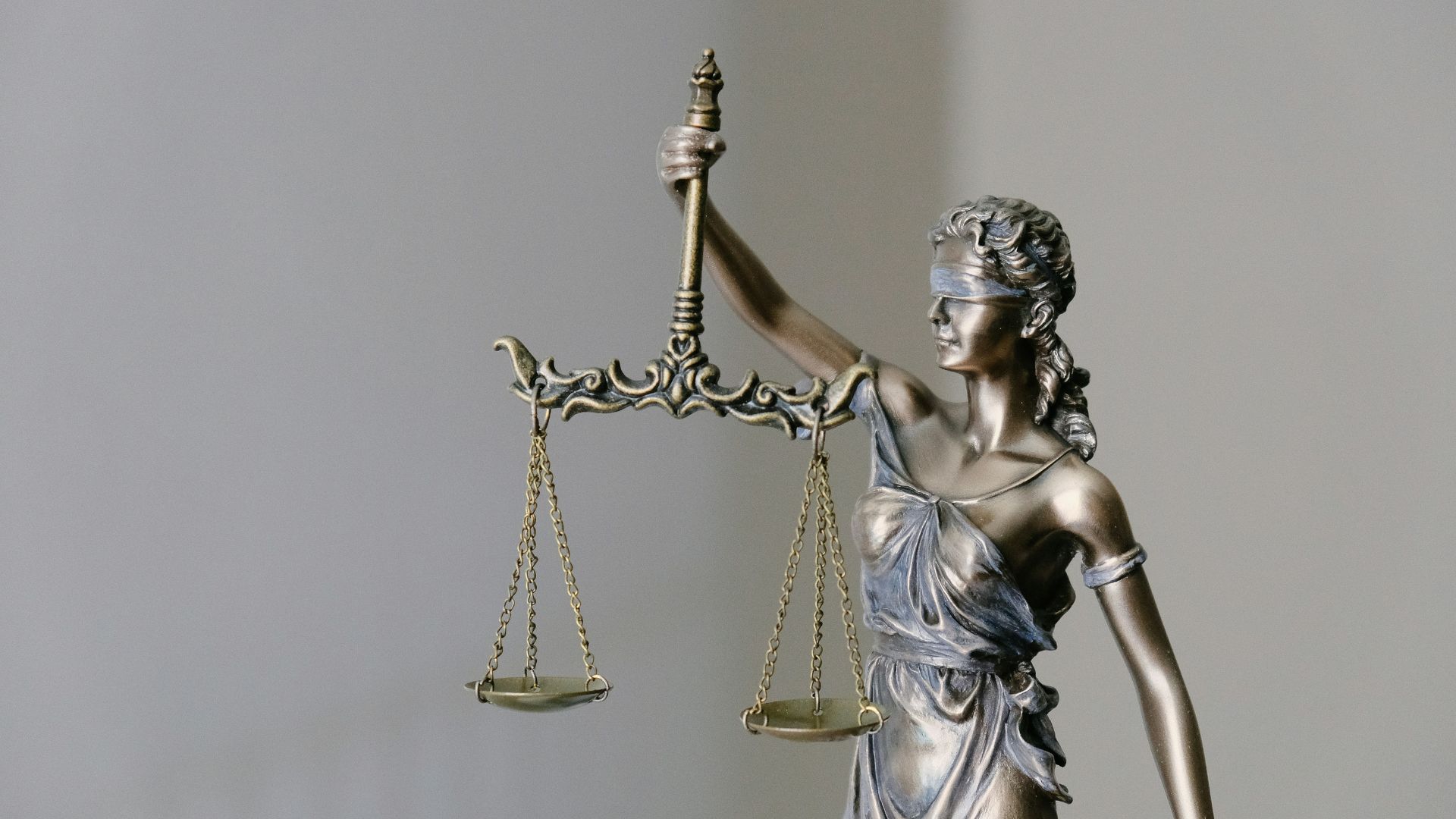
Schumer also explained that his act to deny a president full immunity against prosecution would stop dangerous implications.
He said, “Given the dangerous and consequential implications of the court’s ruling, legislation would be the fastest and most efficient method to correcting the grave precedent the Trump ruling presented.”
Checks and Balances
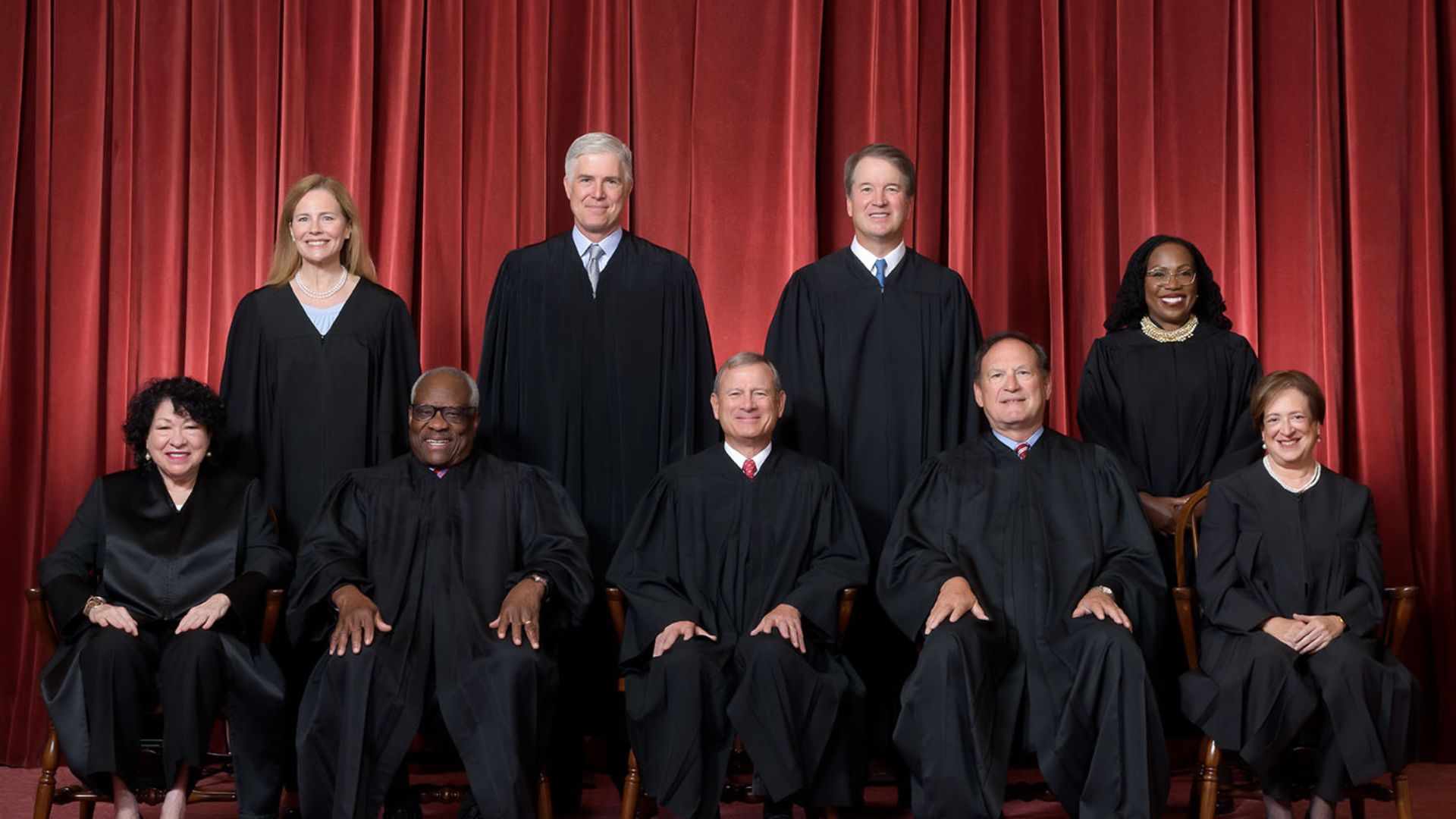
This is not the first time Biden has expressed a desire to bring greater checks and balances to the Supreme Court.
Recently, Biden proposed reforms to the Supreme Court whereby the justices would receive term limits. Biden also put forward a legally enforceable code of ethics for the judges in response to several scandals involving the justices.
Republican Response to Schumer’s Act
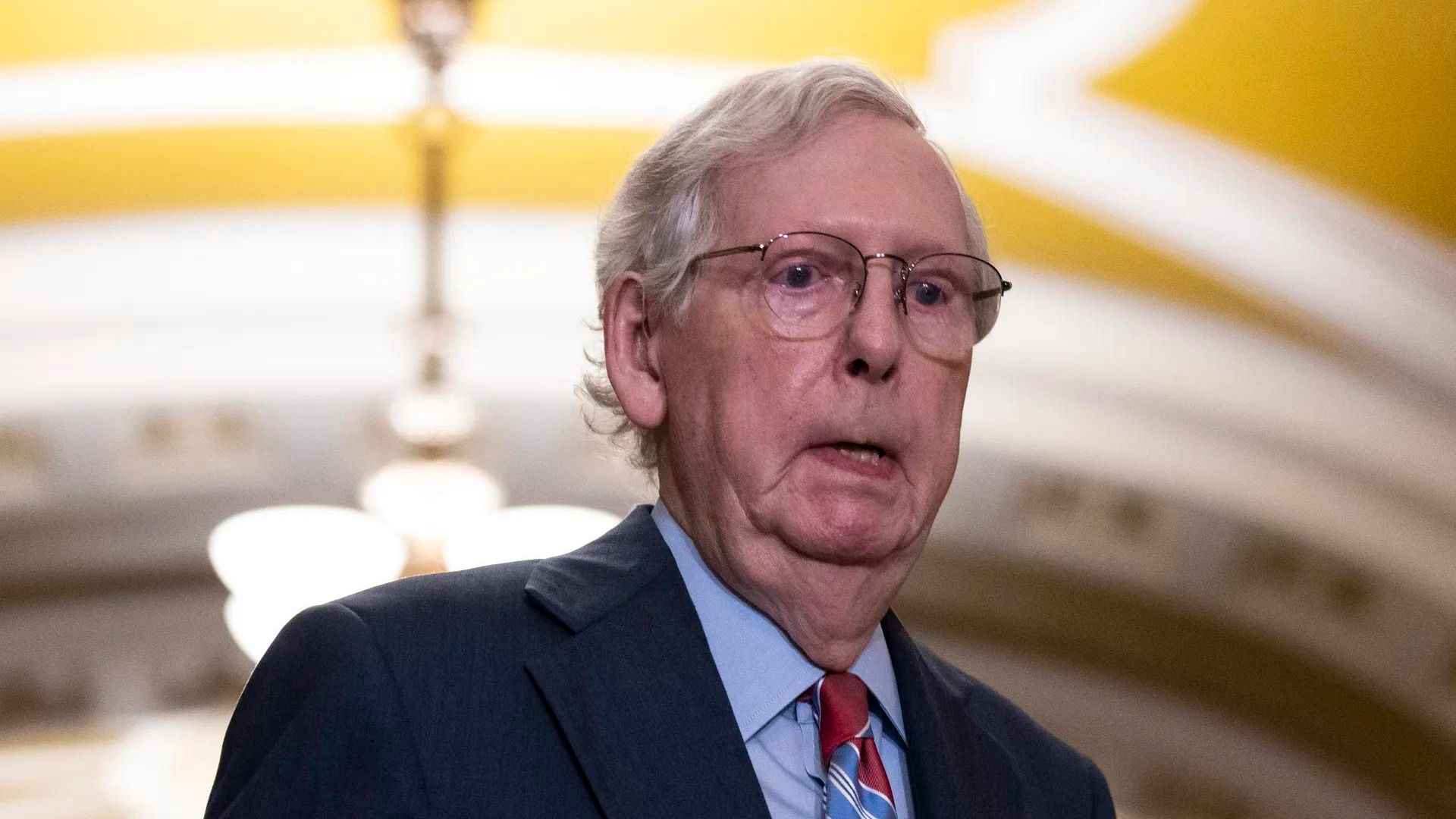
Already, many Republican lawmakers have come out to bash Schumer’s No Kings Act — especially as they applauded the Supreme Court’s ruling on presidential immunity in the first place.
Senate Republican Leader Mitch McConnell said that President Joe Biden’s proposal to limit presidential immunity, as well as enforce ethics on the court, would “shred the Constitution.”
Schumer’s Act Won’t Be Passed
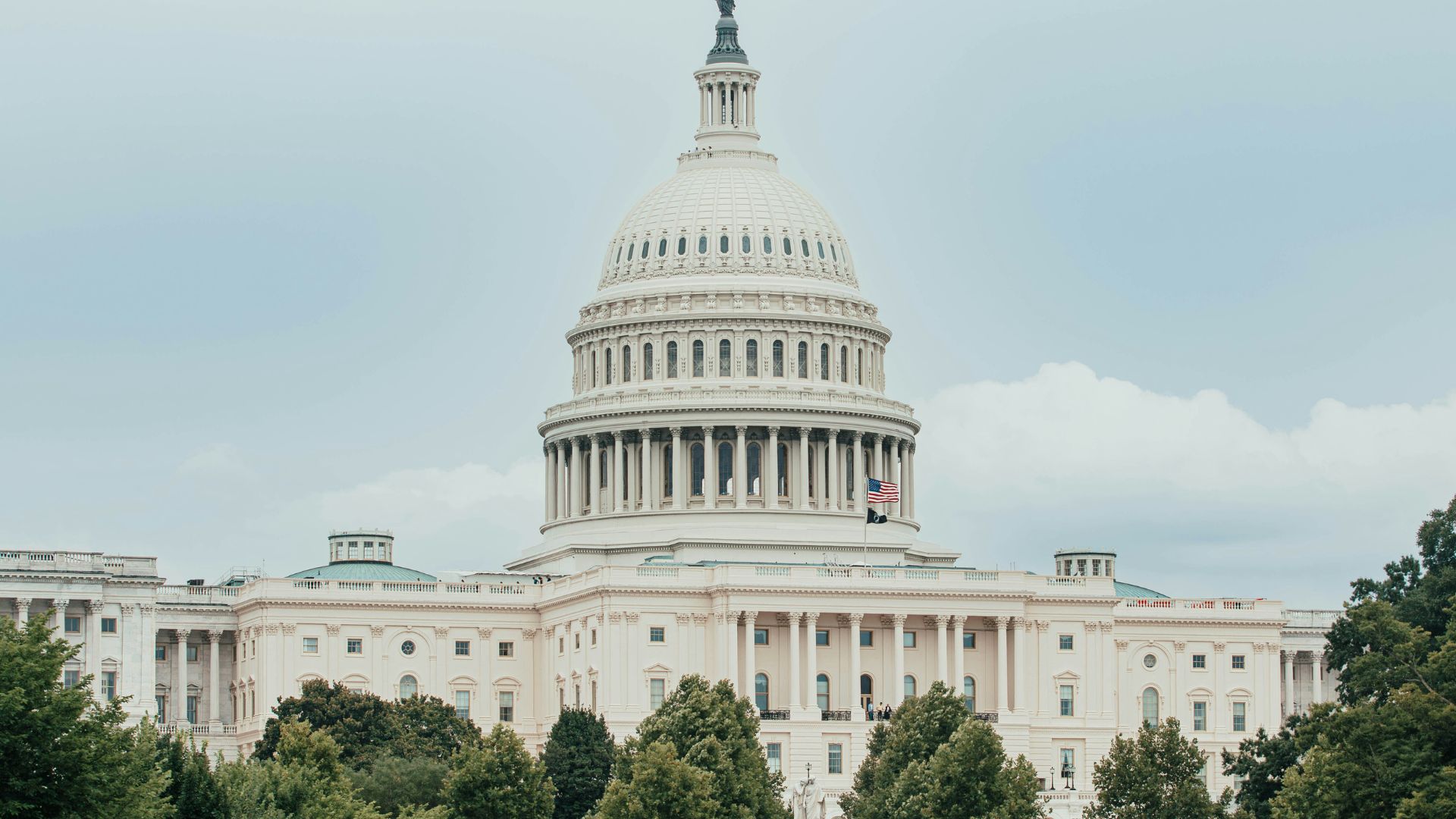
Analysts have come out to clarify that it is unlikely that Schumer’s bill will pass, as he likely won’t get enough votes in the House and Senate.
The government is currently incredibly divided among party lines, so even Democrats are aware that this bill won’t pass.
More Proposed Amendments

The No Kings Act is not the only proposed amendment to counteract the Supreme Court’s decision on presidential immunity.
Rep. Joseph Morelle of New York introduced a constitutional amendment aiming to undo the court’s ruling. “Presidents are not monarchy, they are not tyrants and shall not be immune,” said Morelle in a statement.
Morelle’s Amendment
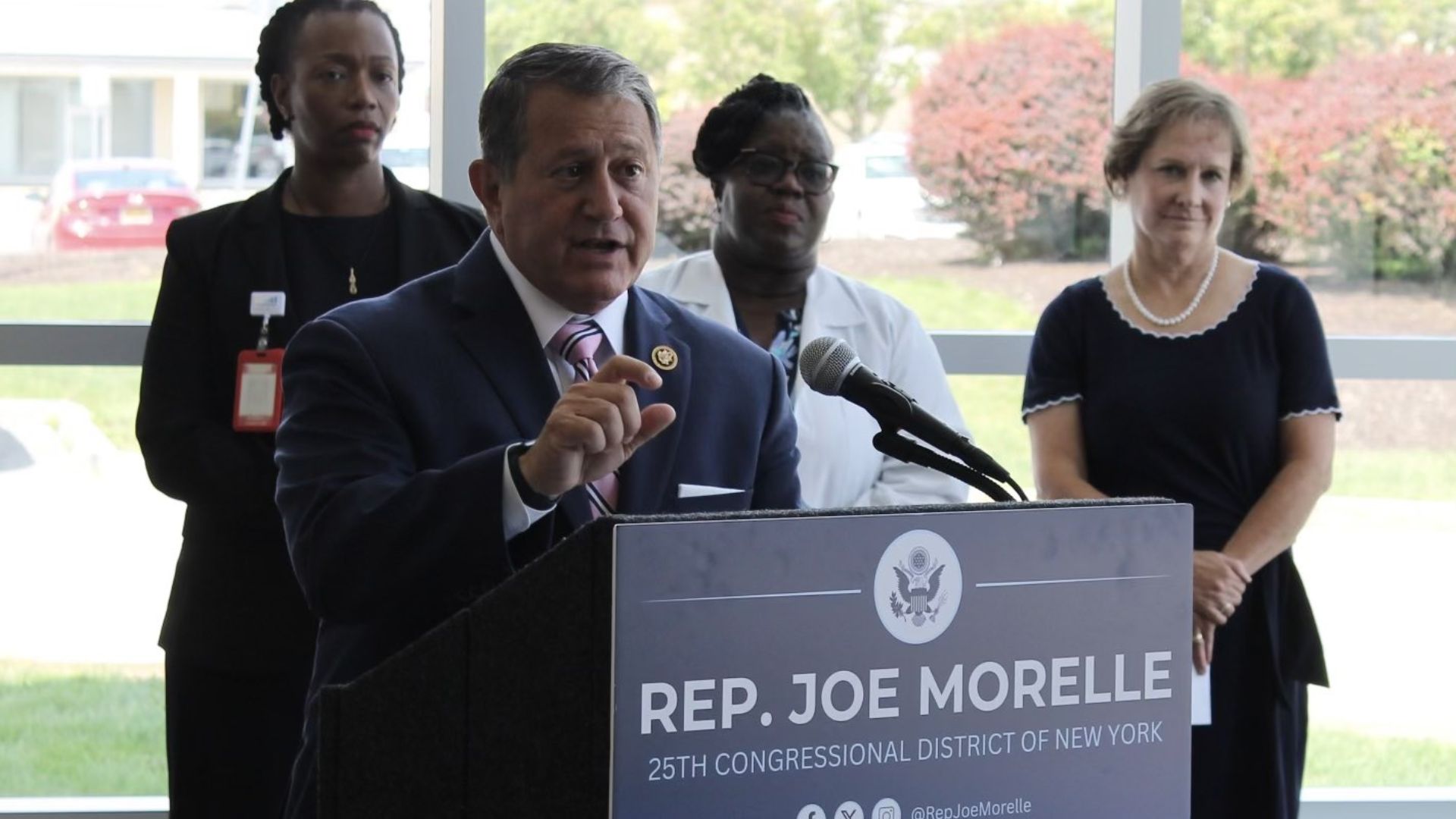
Morelle’s proposed constitutional amendment would provide that: “There is no immunity from criminal prosecution for an act on the grounds that such act was within the constitutional authority or official duties of an individual.”
The amendment would also prohibit a president from pardoning themselves. Morelle said: “At its core, our nation relies on the principle that no American stands above another in the eyes of the law.”
Why the Bill Won’t Pass
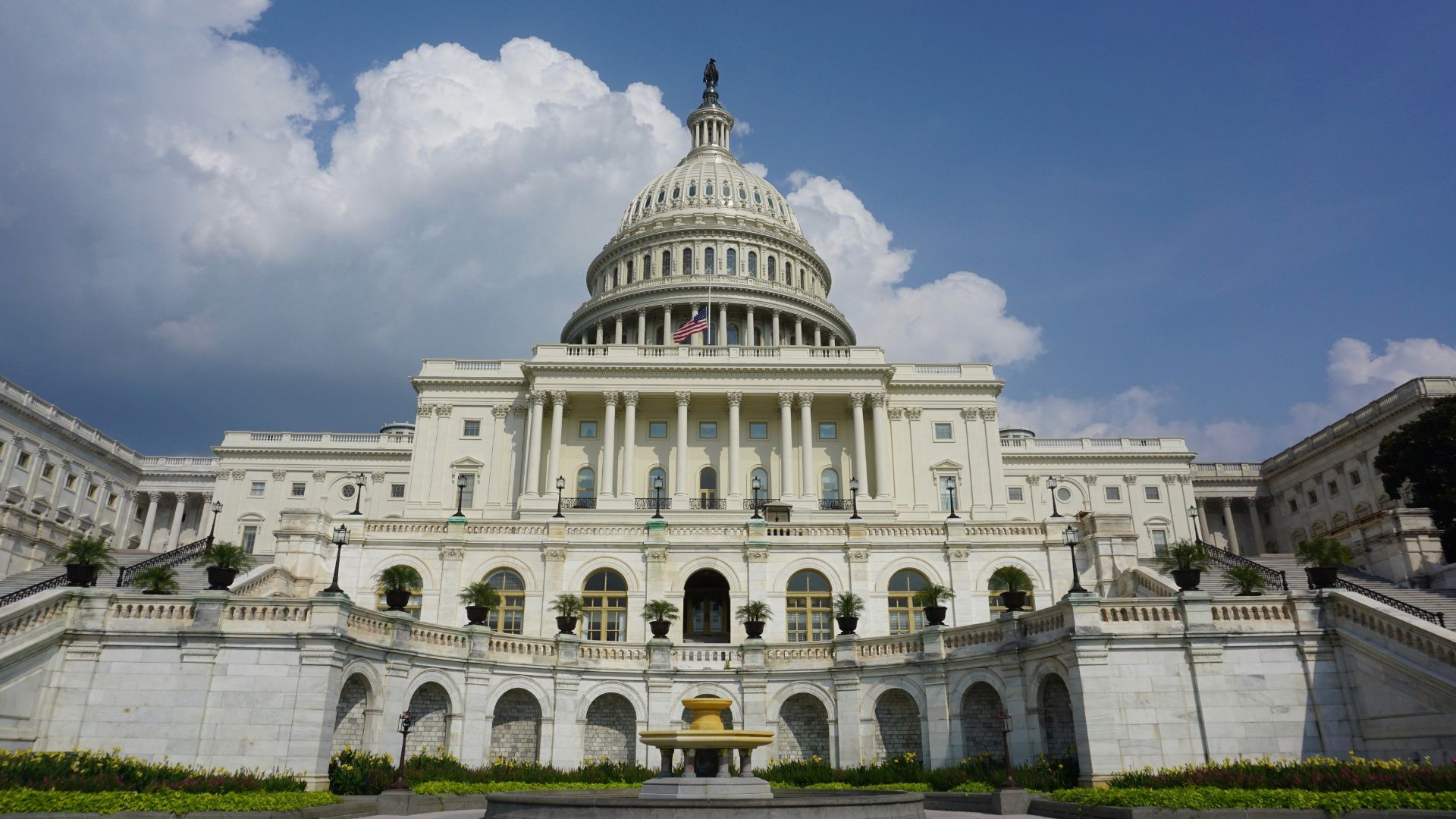
While the Senate bill will probably never pass, Morelle’s proposed amendment does not look hopeful either.
A constitutional amendment would be even more difficult to pass. An action like this would require a two-thirds vote in the House and the Senate. After that, an amendment would need to be ratified by three-fourths of the states. This process can take years.
Warning the Court
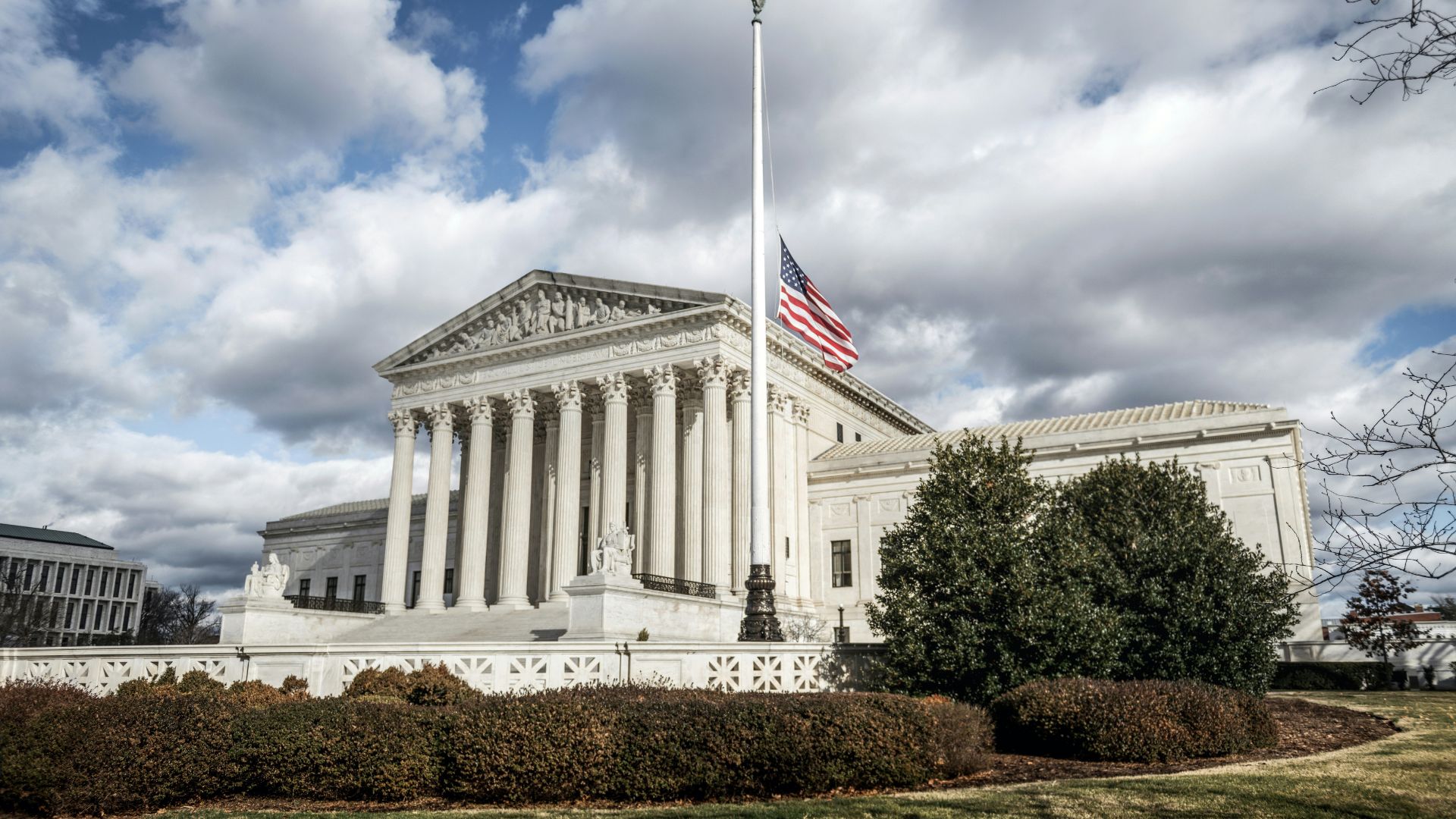
Regardless, Schumer is pushing for this bill, simply as a way to warn the court. This proposal may also help rally the Democratic base ahead of the November election.
Therefore, even though this act won’t pass, Schumer and the Democrats are still fighting for it to show the court — and Republican lawmakers — that they aren’t letting this court ruling stand.
Rallying for the Cause
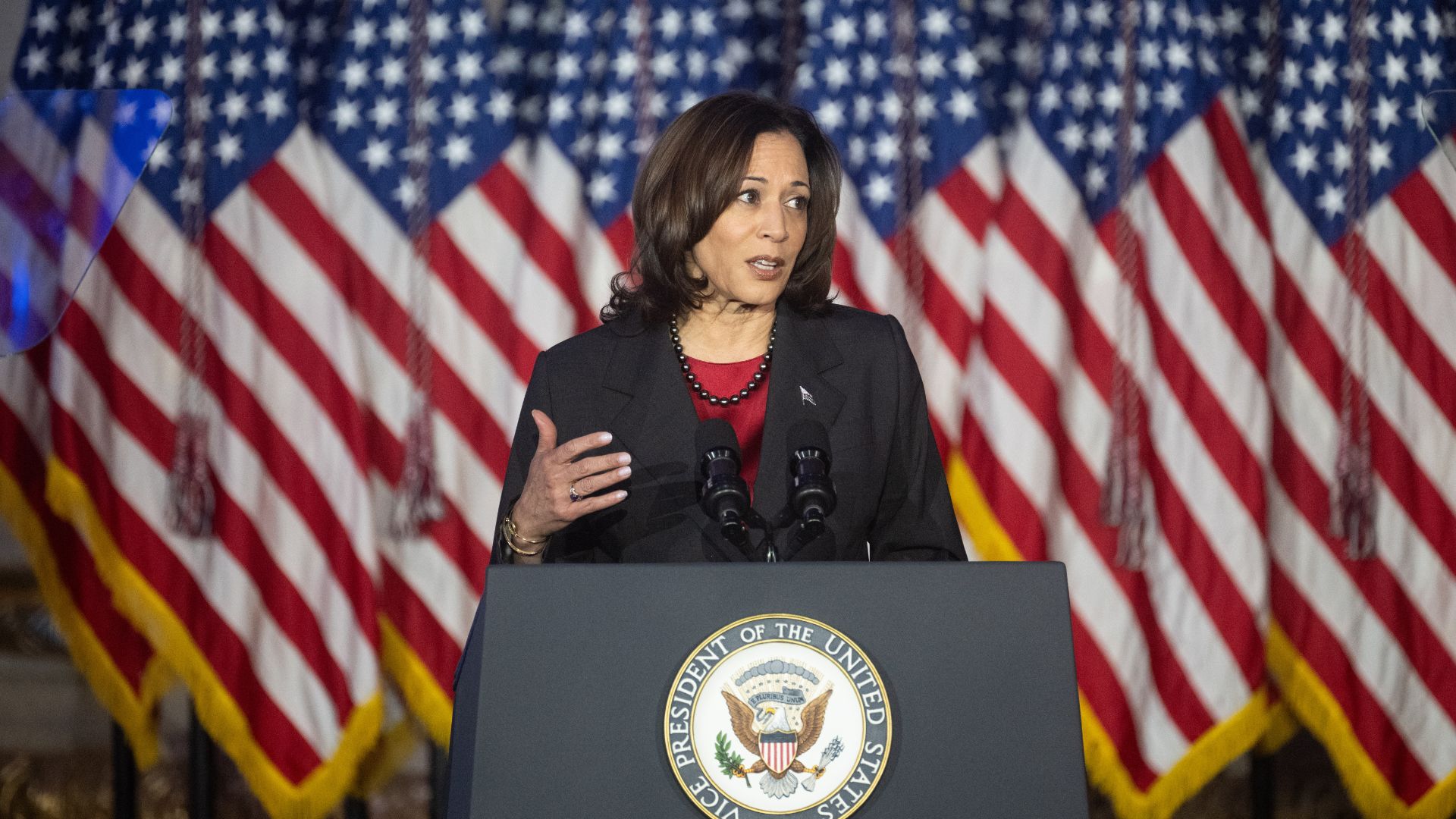
The Democrats’ response to the proposed Senate bill is an efficient way to set the party’s tone before the result of the election in November.
Vice President and Democratic presidential candidate, Kamala Harris, said the reforms are needed as “there is a clear crisis of confidence facing the Supreme Court.”
